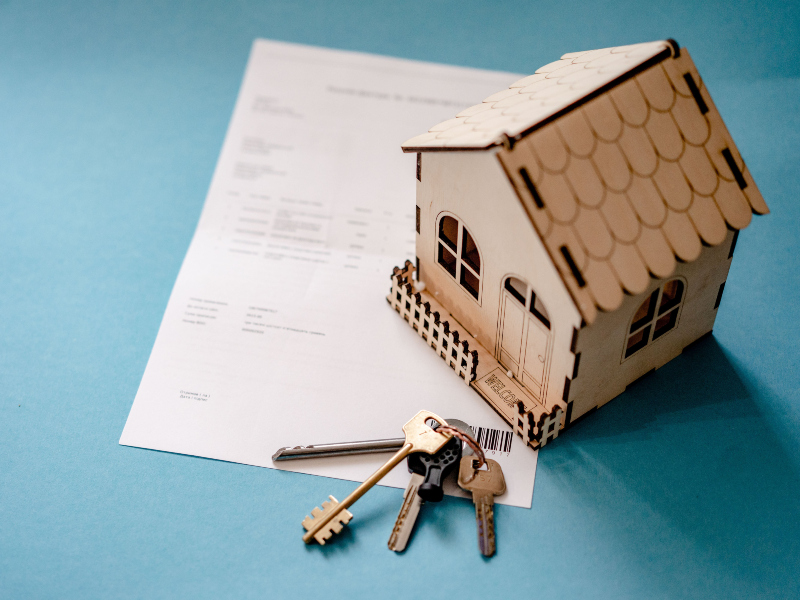Key trends shaping the French property market

The French property market is evolving, and several key trends are expected to shape its future over the coming years. Here’s a breakdown of the most significant ones:
1. Increased Focus on Energy Efficiency
As sustainability becomes a priority, French regulations are tightening around energy performance in real estate. The Loi Climat et Résilience requires properties with poor energy ratings (classified as G or F) to meet specific energy standards before being rented or sold. This could drive demand for energy-efficient homes and renovations in older properties.
2. Continued Urban-Rural Shift
The pandemic accelerated a shift towards rural and suburban living, and this trend is expected to persist. Buyers increasingly value larger properties, outdoor spaces, and proximity to nature. Regions like Dordogne, Provence, and Brittany remain popular for those seeking tranquillity and space.
3. Popularity of Second Homes
France remains a top destination for international buyers, particularly those looking for second homes in scenic regions such as the French Riviera, Provence, and Bordeaux. This demand is likely to remain robust, driven by both lifestyle and investment opportunities.
4. Rising Interest Rates and Affordability Concerns
Higher borrowing costs may affect some buyers’ budgets, but France’s relatively stable property market and low-interest rates compared to other countries continue to attract investors, particularly in premium and luxury segments.
5. Growth in Regional Cities
While Paris remains a prime market, regional cities like Lyon, Bordeaux, Nantes, and Toulouse are becoming increasingly attractive due to lower property prices, strong rental demand, and high-quality living standards. This trend benefits both buyers and investors seeking solid rental yields.
6. Digitalisation of Property Transactions
Virtual viewings, digital contracts, and online management tools are making it easier for international buyers to invest in French property. This tech-driven convenience is expected to grow, reducing barriers for foreign investors.
7. Focus on Tourism and Short-Term Rentals
Popular tourist destinations continue to draw investment in rental properties. Regulations on short-term rentals like Airbnb are evolving, but the market for holiday lets remains strong, particularly in high-demand regions.
France’s combination of cultural richness, stable property laws, and desirable lifestyle makes it a resilient and attractive market for investors.
If you'd like to discuss these trends further or explore specific opportunities, feel free to get in touch.





